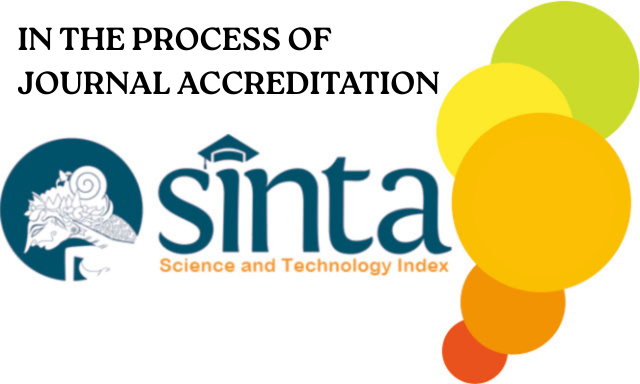THE IMPORTANT ROLE IN ENHANCING DEVELOPMENT FOR CHILDREN WITH DISABILITIES AT SLB CENDANA RUMBAI
DOI:
https://doi.org/10.54973/abjcd.v5i2.602Keywords:
Child Development, Children With Disabilities, Parental RoleAbstract
Children with disabilities have the potential to grow optimally when supported with appropriate
stimulation and care. This community service activity aimed to enhance the understanding of teachers and
parents at SLB Cendana Rumbai regarding their crucial role in supporting the development of children
with disabilities. The methods included interactive counseling sessions, training on developmental
stimulation strategies, and experience-sharing discussions. The results showed improved awareness among
participants about appropriate approaches in guiding children with disabilities, along with increased
motivation to engage actively in their developmental process. This initiative is expected to be a starting
point in creating a more inclusive and supportive educational environment.
Downloads
References
UNESCO. (2020). Inclusive Education: The Way of the Future. Paris: UNESCO.
Kementerian Pendidikan dan Kebudayaan RI. (2021). Strategi Pendidikan Inklusif di Indonesia.
Smith, J. (2019). Effective Strategies for Special Education. New York: Springer.
Booth, T., & Ainscow, M. (2011). The Index for Inclusion: Developing Learning and Participation in Schools. Bristol: CSIE.
Friend, M. & Bursuck, W. D. (2012). Including Students with Special Needs: A Practical Guide for Classroom Teachers. Pearson.
Turnbull, A. et al. (2015). Exceptional Lives: Special Education in Today's Schools. Pearson.
Loreman, T. et al. (2005). Inclusive Education: A Practical Guide to Supporting Diversity in the Classroom. Routledge.
Florian, L. & Black-Hawkins, K. (2011). Exploring inclusive pedagogy. British Educational Research Journal, 37(5), 813–828.
Dunst, C.J., Trivette, C.M., & Deal, A.G. (2007). Supporting and Strengthening Families: Volume 1. Paul H. Brookes Publishing.
Hornby, G. (2011). Inclusive Education for Children with Special Needs: A Policy Perspective. Support for Learning, 26(3), 132–138.













